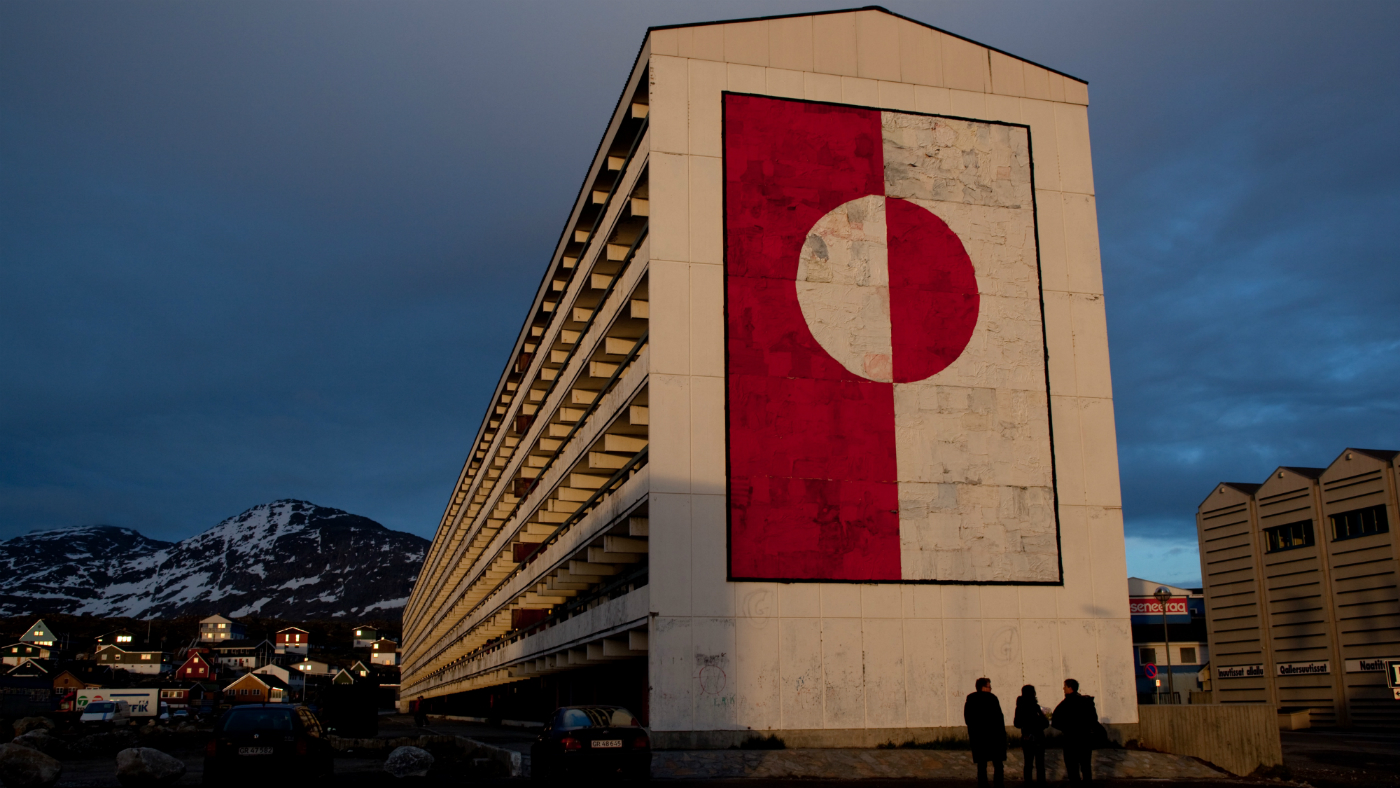Why Greenland has banned sale of alcohol in capital during coronavirus crisis
Government introduces restriction in Nuuk amid fears about rising violence against children

A free daily email with the biggest news stories of the day – and the best features from TheWeek.com
You are now subscribed
Your newsletter sign-up was successful
The sale of alcohol has been banned in Greenland’s capital city in a bid to reduce violence against children during the autonomous Danish Arctic territory’s coronavirus lockdown.
In recent weeks, Greenland has followed the lead of its ruling nation in imposing strict lockdown measures including closing schools and banning gatherings of more than ten people.
But the shutdowns have triggered a rise in violence against children at home, particularly in capital Nuuk, according to the authorities.
The Week
Escape your echo chamber. Get the facts behind the news, plus analysis from multiple perspectives.

Sign up for The Week's Free Newsletters
From our morning news briefing to a weekly Good News Newsletter, get the best of The Week delivered directly to your inbox.
From our morning news briefing to a weekly Good News Newsletter, get the best of The Week delivered directly to your inbox.
Announcing the alcohol ban in a statement on Saturday, Prime Minister Kim Kielsen said: “In such a situation, we have to take numerous measures to avoid infection.
“But at the heart of my decision is the protection of children - they have to have a safe home.”
Violence against children has long been a problem in Greenland.
The Local new site reports that “nearly one in three people living in the autonomous Danish Arctic territory suffered sexual abuse during childhood”, a trend which experts have linked to the abuse to alcohol, drugs and ignorance of children’s rights.
A free daily email with the biggest news stories of the day – and the best features from TheWeek.com
–––––––––––––––––––––––––––––––For a round-up of the most important stories from around the world - and a concise, refreshing and balanced take on the week’s news agenda - try The Week magazine. Start your trial subscription today –––––––––––––––––––––––––––––––
The trend may also be a factor in Greenland’s suicide rate, which is the highest in the world at around 85 per 100,000 people.
The alcohol ban came into force on Saturday and is scheduled to last until 15 April.
The restriction is also intended to curb the spread of the Covid-19 coronavirus. “People are less aware of the dangers of contamination when they drink alcohol,” Kielsen warned in his statement.